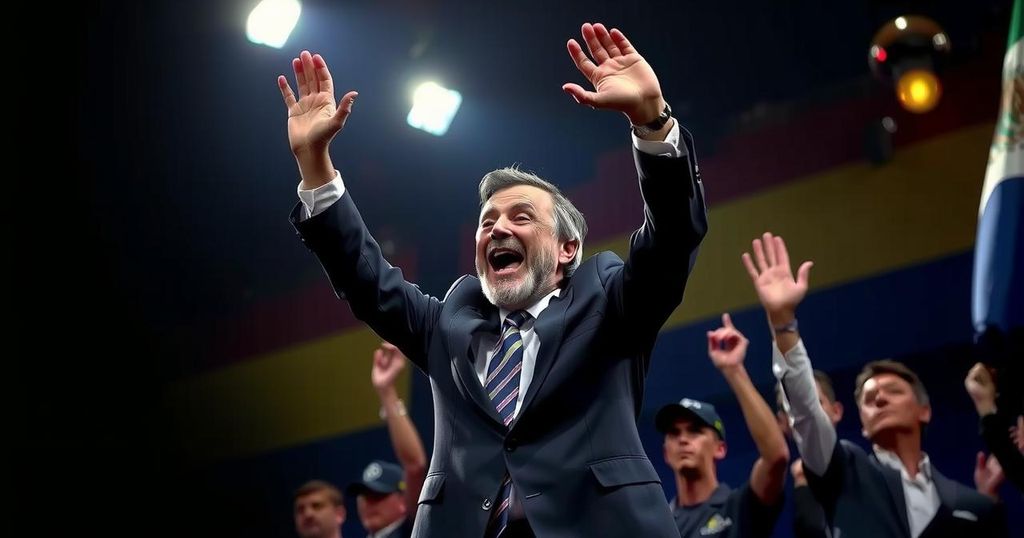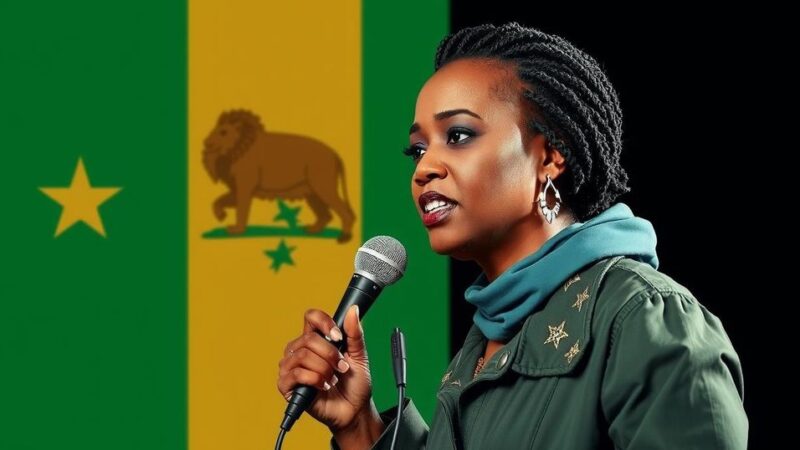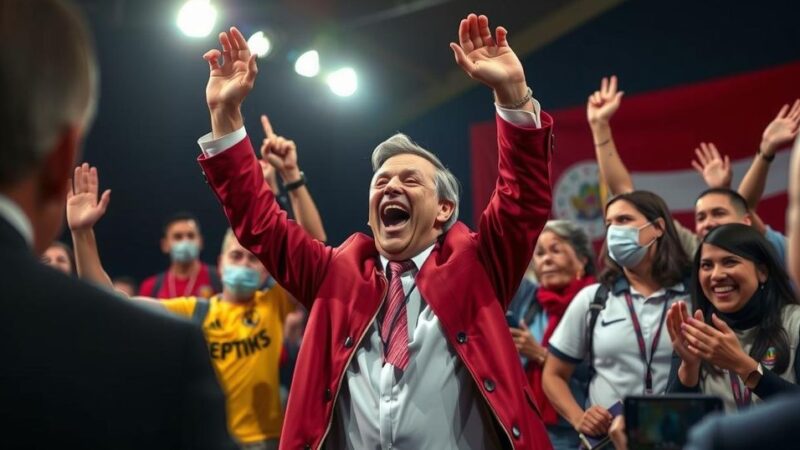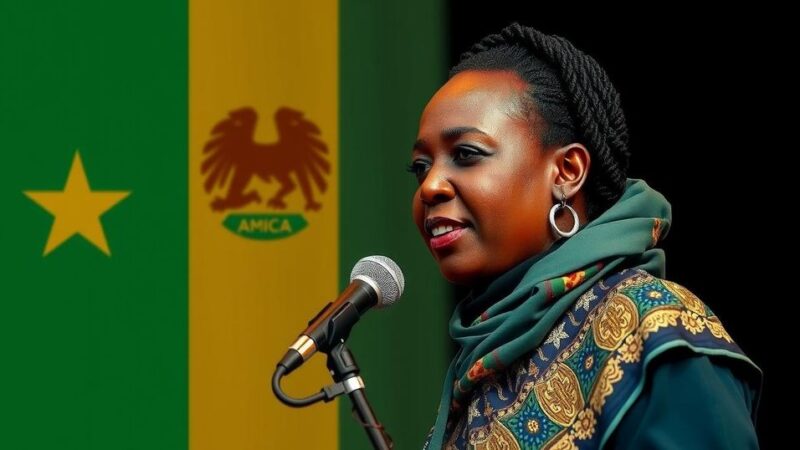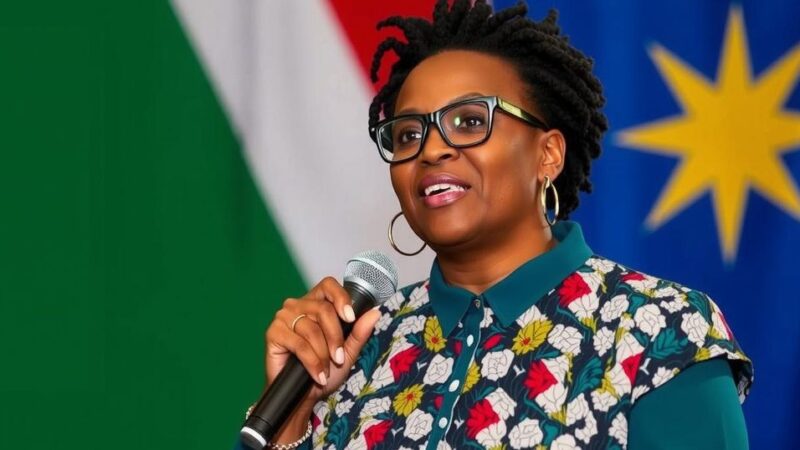Yamandú Orsi won Uruguay’s presidential runoff election, defeating Álvaro Delgado of the conservative coalition. With over 49% of the votes and a 90% turnout, Orsi’s victory reflects a nationwide desire for change in response to economic challenges. He plans to unite the country and implement targeted reforms, continuing the Broad Front’s legacy of moderate, progressive policies, amid a backdrop of global anti-incumbent sentiments.
In a closely contested runoff election, Yamandú Orsi, the candidate from the left-wing opposition, achieved victory on Sunday, signaling a notable shift in Uruguay’s political landscape. Orsi succeeded in overcoming the conservative ruling coalition led by Álvaro Delgado, marking a significant defeat for incumbent parties internationally. The election saw a high voter turnout of 90%, thanks to Uruguay’s compulsory voting laws, with Orsi garnering just over 49% of the votes versus Delgado’s 46%. Celebrations erupted in the capital, Montevideo, as Orsi reflected on his win, emphasizing the importance of unity within the nation and recognizing the diverse perspectives among the populace.
Despite the stagnant youth voter engagement, Orsi’s moderate campaign approach stood out, contrasting with the more populist trends observed in other South American nations. He aims to build on the Broad Front coalition’s previous successful governance (2005–2020), which is remembered for progressive policies and economic stability, despite the recent global dissatisfaction with incumbents due to the economic impact of the COVID-19 pandemic.
In his victory remarks, Orsi committed to reforms aimed at attracting investment, promoting agriculture, and cautiously adjusting social security measures—an approach that appears to bridge traditional policies with social welfare aims without radical shifts. Additionally, he may reassess trade agreements with China, which have raised concerns in the region. Former President José “Pepe” Mujica, admired for his earlier progressive reforms, publicly endorsed Orsi, highlighting the significance of this electoral outcome for Uruguay’s political landscape.
The election of Yamandú Orsi comes during a time of global political upheaval, as many nations witness shifts in leadership favoring leftist candidates. Uruguay’s political climate has been influenced by economic challenges stemming from the pandemic, which has fostered public dissatisfaction with existing governance structures. Orsi’s election is reflective of widespread calls for change, characterized by a desire to return to the progressive policies that defined previous administrations under the Broad Front. The historic context in Uruguay has seen a blend of moderate economic strategies with social reforms, a model which Orsi seems poised to emulate.
Yamandú Orsi’s electoral victory in Uruguay signifies a transformative moment within the country’s political environment, emphasizing a collective yearning for economic progress and social equity. As the President-elect prepares to take office in March 2025, his commitment to building an inclusive society and addressing critical issues, such as agricultural revitalization and youthful engagement, will be closely watched. The ramifications of this election may reverberate throughout Latin America, where political ideologies are increasingly challenged by public sentiment surrounding post-pandemic recovery.
Original Source: indianexpress.com
